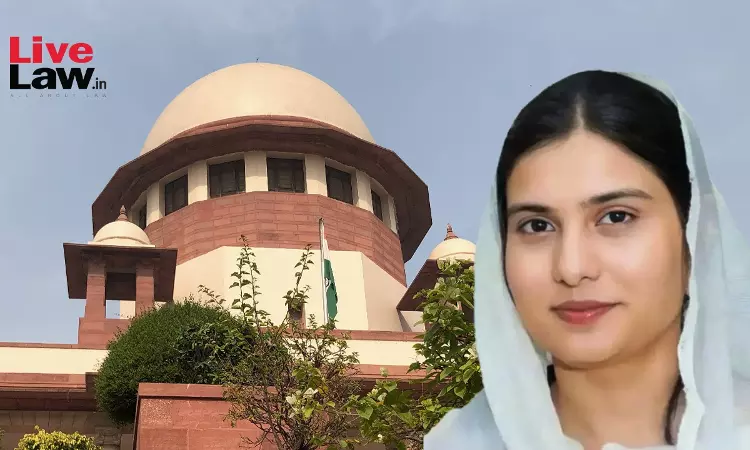MP Iqra Choudhary Approaches Supreme Court Seeking Strict Implementation Of Places Of Worship Act
Anmol Kaur Bawa
14 Feb 2025 12:22 PM IST

Next Story
14 Feb 2025 12:22 PM IST
Samajwadi Party leader and Member of Parliament, Iqra Choudhary has filed a writ petition before the Supreme Court seeking implementation of the Places of Worship Act 1991.The bench of CJI Sanijiv Khanna and Justice Sanjay Kumar today tagged the petition with connected petitions, which challenge the constitutionality of the Places of Worship Act. When the matter was taken, CJI verbally...
